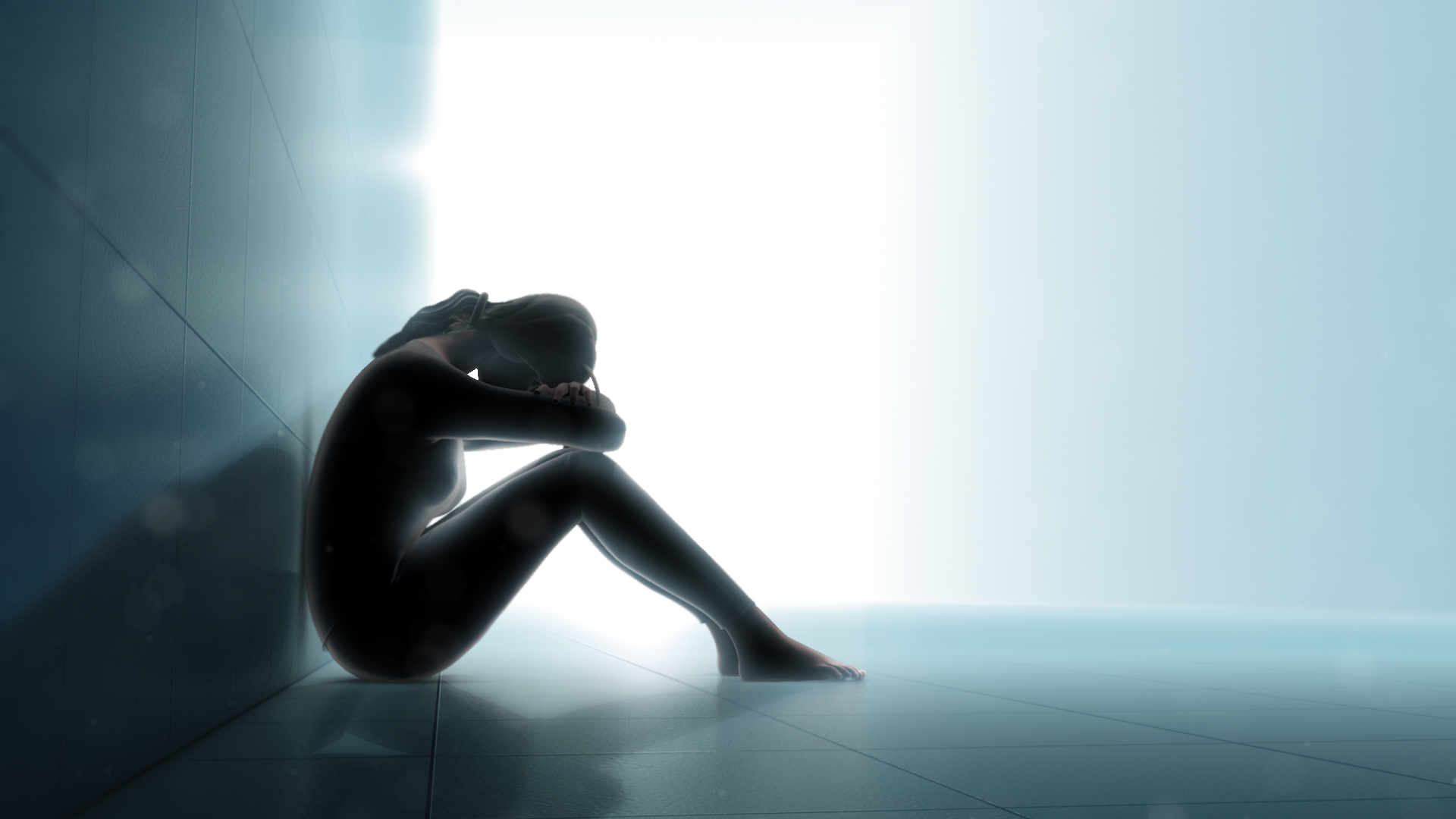Depression is a mood and mental health disorder that comes with mood swings, feelings of loneliness, sadness, loss, or anger that interfere with a person’s everyday activities. It affects people in different ways by affecting daily work resulting in lower productivity and low time. It can also affect relationships and other health conditions.

Symptoms
Major depression causes a variety of symptoms among which some affect your mood while some affect the body. Symptoms also vary from men, women, and children.
Men experience symptoms such as:
- Mood changes such as anger, irritability, aggressiveness, restlessness
- Behavior changes such as loss of interest in anything, feeling tired easily, thoughts of suicide, excessive drinking, taking drugs and other addictions
- Lack of sexual desire and reduced sex performance
- Insomnia, sleepless nights, restless sleep, or sleeping excessively
- Digestive problem, fatigue, pain in the whole body, headache
- Feeling empty, sad, lonely, or hopeless
Women experience symptoms such as:
- Sleeping too much or difficulty in sleeping, waking early or sleeping late
- Thinking a lot on unnecessary topics, talking slowly, responding late
- Feeling sad, empty, hopeless, anxious
- Thoughts of suicide, withdrawing from social engagements, loss of interest in favorite activities
- Mood swings, irritability, crying
- Weight gain or loss, decreased energy, greater fatigue, appetite change, increased cramps, aches, pain, headaches
Children experience symptoms such as:
- Mood swings, anger, crying, irritability
- Sleeping too much, change in sleep pattern, difficulty in sleeping
- Feeling incompetent, despair, intense sadness, crying
- Difficulty in concentrating, drop in grades, decline in school performance
- Avoiding friends and family, refusing to go to school, thoughts of suicide and death
- Loss of energy, appetite change, digestive problem, weight loss or gain
Symptoms do not only stick to the mind or brain, but it also goes to the body and affects the complete well being of a human being.
Causes
Depression can be caused due to several reasons ranging from biological to circumstantial. Some of them are:
- Childhood trauma - Childhood trauma such as fear of loss, attempt to rape, can cause the body to react to a stressful situation which leads to depression with time.
- Family history - If anyone in the family has a history of depression or any other mood disorder, then the person has a higher chance of developing depression.
- Medical conditions - People suffering from certain medical conditions such as insomnia, sleep disorders, chronic pain, chronic illness have a higher risk of depression.
- Use of drugs - A history of being addicted to drugs, alcohol, smoking, and any other addiction can also cause a person to suffer from depression.
- Structure of brain - If the frontal lobe of the brain is less active then the person has a higher risk of suffering from depression. However, the exact reason is not known yet.
Apart from this, several other reasons include low self-esteem, financial crisis, loss of near or dear ones, economic problems, divorce, and a history of mental illness. There can be several other reasons as well, but physicians have not been able to determine the exact reason behind this disorder.
Treatment
Living with depression or being depressed can be difficult for that particular person. Depression can be treated by combining medication and therapies along with lifestyle changes.
- Medications provided by an experienced physician helps in treating depression or minimizing the symptoms.
- Psychotherapy is of great help, as talking to a therapist helps in coping with negative thoughts.
- Learn to say no, as it makes the person feel better.
- Avoid alcohol and drugs as they add to increase the symptoms of depression.
Disclaimer: The information in no way constitutes, or should be construed as medical advice. Nor is the above article an endorsement of any research findings discussed in the article an endorsement for any of the source publications.
Sources-
- https://www.healthline.com/health/depression#treatment
- https://www.webmd.com/depression/understanding-depression-symptoms








